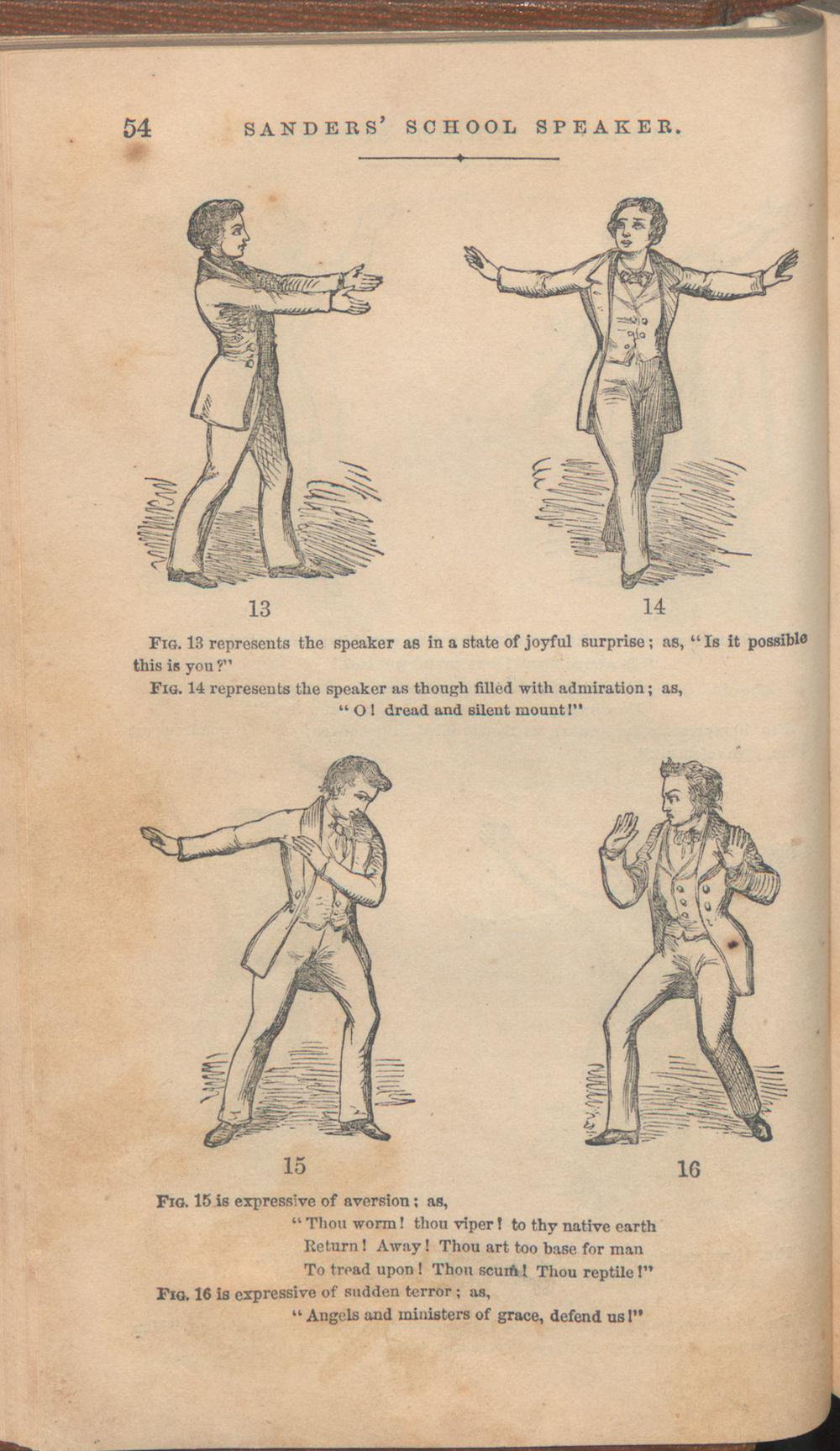"Natural Principles:" Webster on Contractions
The included images contain an excerpt from the end of Webster’s (1807) section on irregular verbs. In this narrated event, Webster, in what he expects to be a controversial point, argues against attempts to return colloquially contracted or abbreviated words to longer historical forms:
“Men of letters may revolt at this suggestion; but if they will attend to the history of our own language, they will find the fact to be as here stated. It is commonly supposed that the tendency of this practice of unlettered men is to corrupt the language. But the fact is directly the reverse.” (Webster 1807:119)
Webster goes on to make the point that authors, implied to be respectable users of language, have been responsible for numerous changes to language. Furthermore, he notes, “unlettered men” make alterations to spoken language, such as contractions, that tend to increased linguistic regularity. He relates this observation to an innate, primal tendency: he argues that less-educated people actually have more linguistic sense than “lettered men” in some areas, and that this natural linguistic instinct should be respected for its convenience and primacy, rather than rejected for its lack of alignment to erudite language.
Webster first aligns himself with his reader: despite an expectation of disagreement, Webster assumes that himself and his reader similarly view upper-class, educated people as the proper authorities of language. He draws on this alignment in mentioning authors as another often-reliable source of “good” language. He portrays himself and his reader in opposition to “unlettered men” in speaking from the indexical platform that uneducated people have a fundamentally different approach to language. Finally, he groups all of the above — self, reader, and uneducated man — in alignment as speakers of a shared language, and thus a shared identity.
Even while aligning himself with his reader in opposition to the unlettered man, Webster encourages his readers to take a more accepting stance on changes in language, and in doing so, ally themselves with uneducated people. Thus, the social work accomplished by this narrating event is Webster’s promotion of unity in linguistic identity: if all can agree on linguistic ideals across class and education boundaries, this strengthens his ideology that spoken language is tied both to primal abilities and to racial and cultural heritage.
